Menopause: 7 tips to beat insomnia
Menopause is a natural stage, often accompanied by broken nights: difficulty falling asleep, waking up during the night, and light sleep. By adopting targeted habits and gentle solutions, it's possible to regain restful sleep. Here are seven concrete tips for sleeping better.
Understanding why menopause disrupts sleep
Hormonal changes play a major role in sleep quality during menopause.
- Decreased estrogen and progesterone : These hormones promote deep sleep and regulate body temperature. Their decrease often leads to insomnia and nighttime awakenings.
- Hot flashes and night sweats : These physical symptoms disrupt falling asleep and fragment sleep.
- Increased stress and anxiety : Menopause can amplify mood swings, making it harder to fall asleep.
Understanding these mechanisms is essential to better target solutions.
"During the menopausal transition, the frequency of sleep disturbances increases, and nighttime awakenings are one of the most common complaints."
"During menopause, sleep disturbances are characterized in particular by frequent nighttime awakenings and an increase in the time spent awake after falling asleep."
7 Tips to Beat Insomnia
1. Adopt a regular bedtime routine
The body operates on a circadian rhythm: going to bed and waking up at regular times helps regulate this natural cycle. Avoid screens for at least an hour before bedtime, focus on relaxing activities (reading, meditation, a warm bath), and create a calming ritual that signals to your body that it's time to sleep.
2. Prioritize a diet conducive to sleep
What you eat directly influences your ability to fall asleep. In the evening, limit caffeine, theine, alcohol, and heavy meals. Favor foods rich in magnesium (almonds, bananas), tryptophan (eggs, legumes), and soothing herbal teas (lemon balm, verbena). A light dinner at least two hours before bedtime aids digestion.
3. Reduce hot flashes at night
A cool, breathable environment limits heat-related nighttime awakenings: keep the bedroom between 18 and 20°C, ventilate regularly, and avoid overly warm duvets. Choose thermoregulating bedding, such as a silk duvet , which naturally regulates temperature and wicks away moisture. Wear light, breathable nightwear.
"In a cohort of middle-aged women, 78% of objectified hot flashes occurred at the same time as an arousal."
4. Practice gentle physical activity
Physical activity improves sleep quality. Focus on walking, yoga, or swimming, and avoid intense workouts after 7 p.m. to avoid overstimulating your body. Regularity also helps reduce stress and stabilize mood.
5. Learn to manage stress and anxiety
Stress is a direct enemy of restful sleep. Deep breathing, guided meditation, or cardiac coherence can help calm the mind. Keeping a gratitude journal or sleep diary can help identify disruptive factors and adjust your routines.
6. Optimize your sleeping environment
A comfortable bed and a soothing atmosphere transform nights. Adopt a silk duvet . The thermoregulating and antiperspirant properties of silk duvets provide you with a more conducive sleep environment. Also, adopt silk sheets and pillowcases: their softness protects the skin and hair while maintaining a more stable temperature. You can add an extra touch of comfort by wearing silk pajamas. Finally, eliminate sources of light and noise, and reserve the bed for sleep and nothing but sleep.
7. Use validated natural solutions
Certain plants promote sleep: valerian, passionflower, lemon balm. Whether you're taking an infusion or a dietary supplement, seek advice from a healthcare professional, especially if you're already taking medication. If insomnia persists, consult a sleep specialist or your gynecologist.
Your new anti-insomnia routine
Menopause can disrupt your nights, but it doesn't have to be. By adjusting your routine, your environment, and adopting gentle solutions, you can regain deep, restorative sleep.
For optimal comfort, discover our selection of silk bedding, soft, breathable and thermoregulating, designed for more peaceful nights.
FAQ
Why does menopause cause insomnia?
Which herbal tea should you choose to sleep better?
Can silk help you sleep better?
Should you avoid napping during menopause?
How long do menopause-related sleep disturbances last?


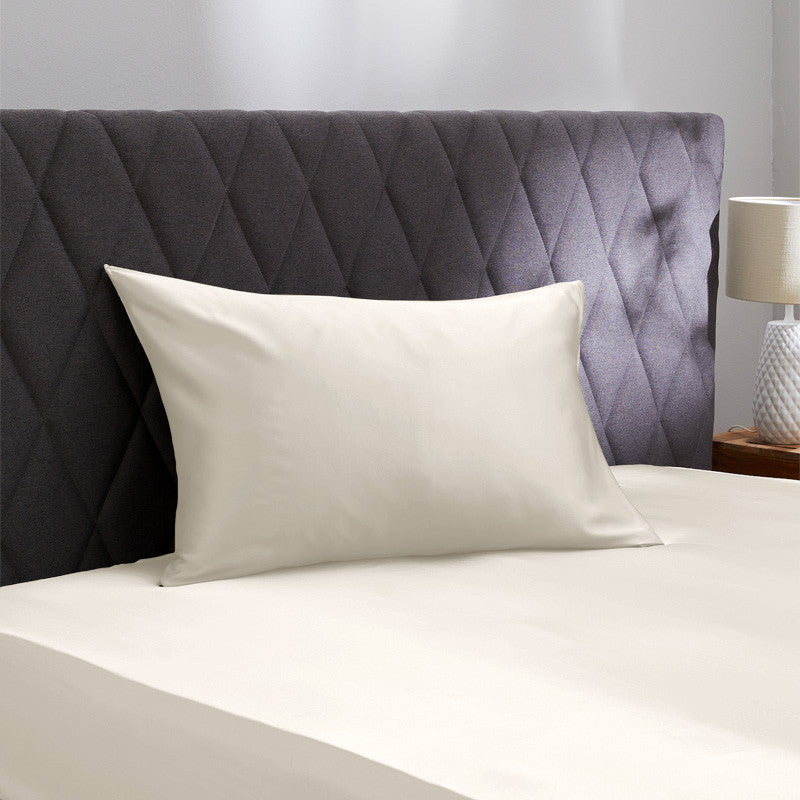
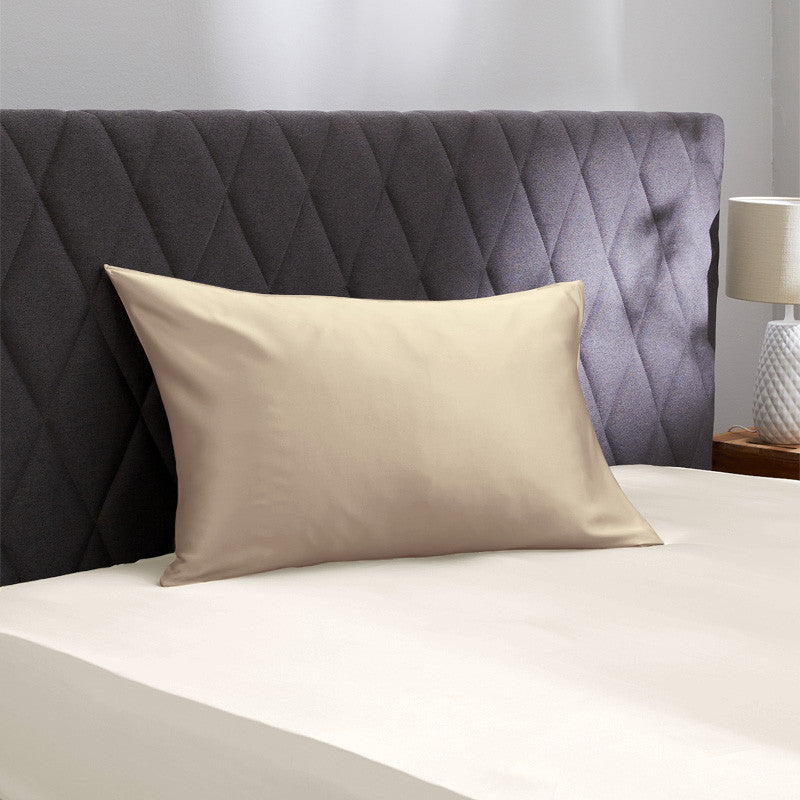
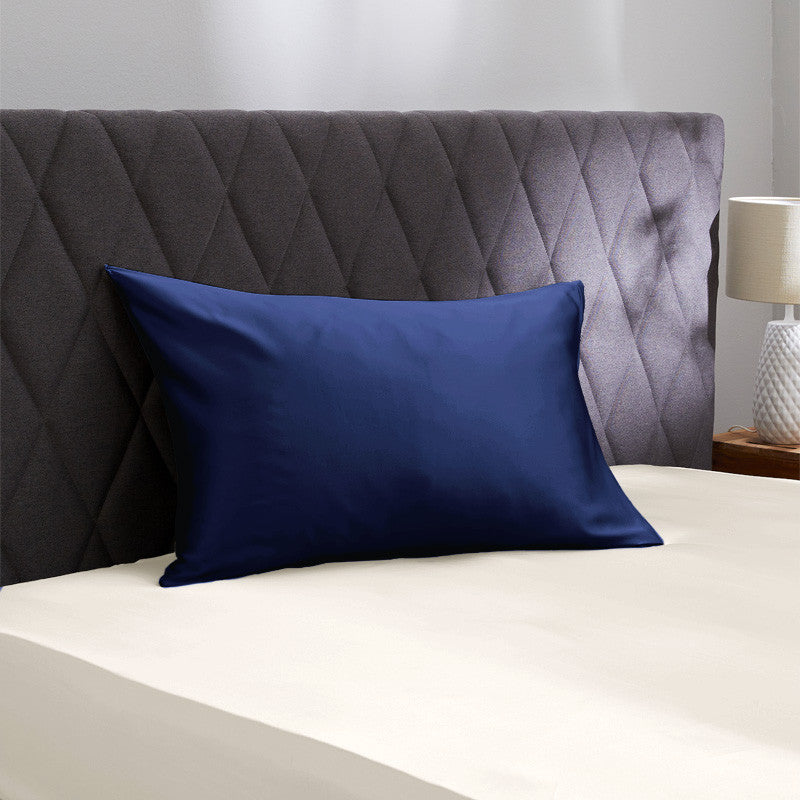
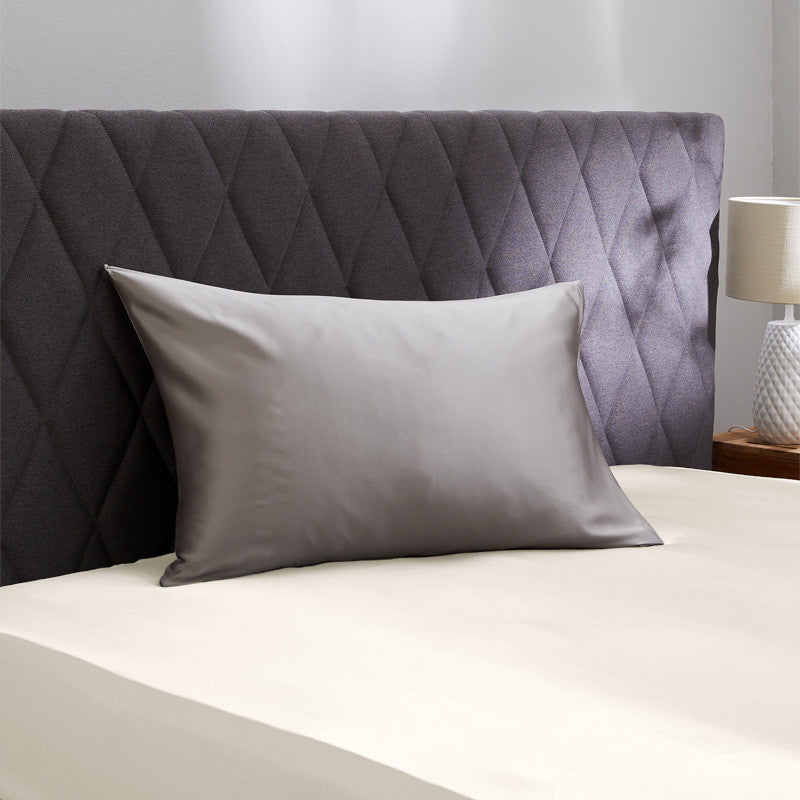
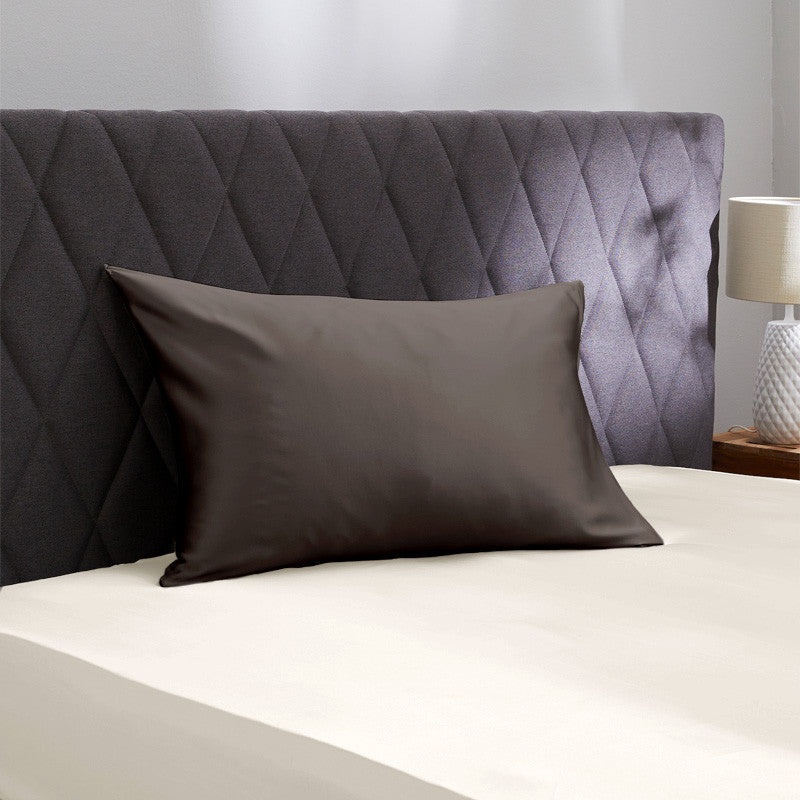
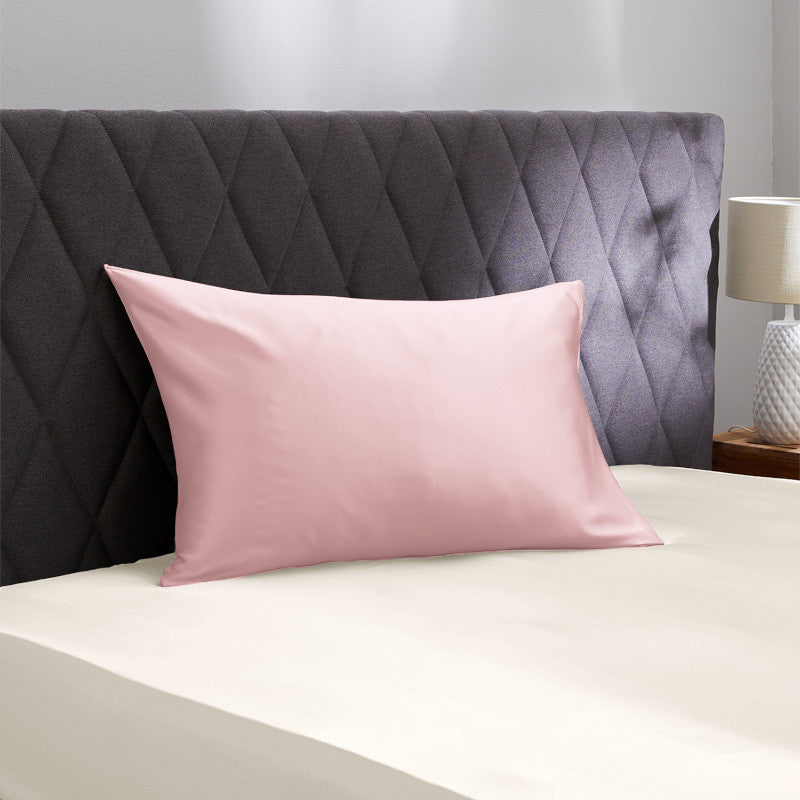
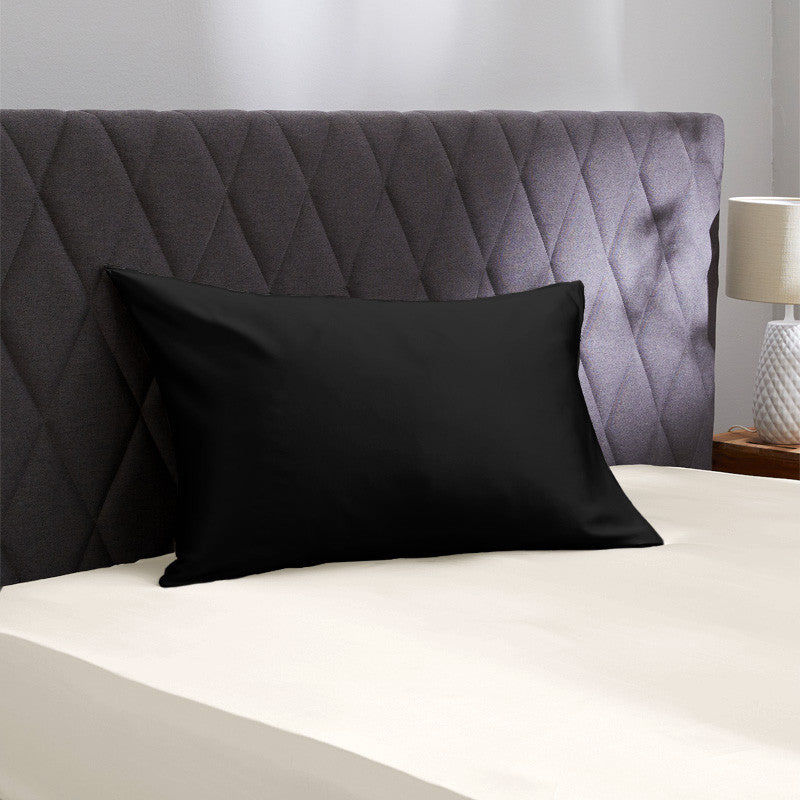

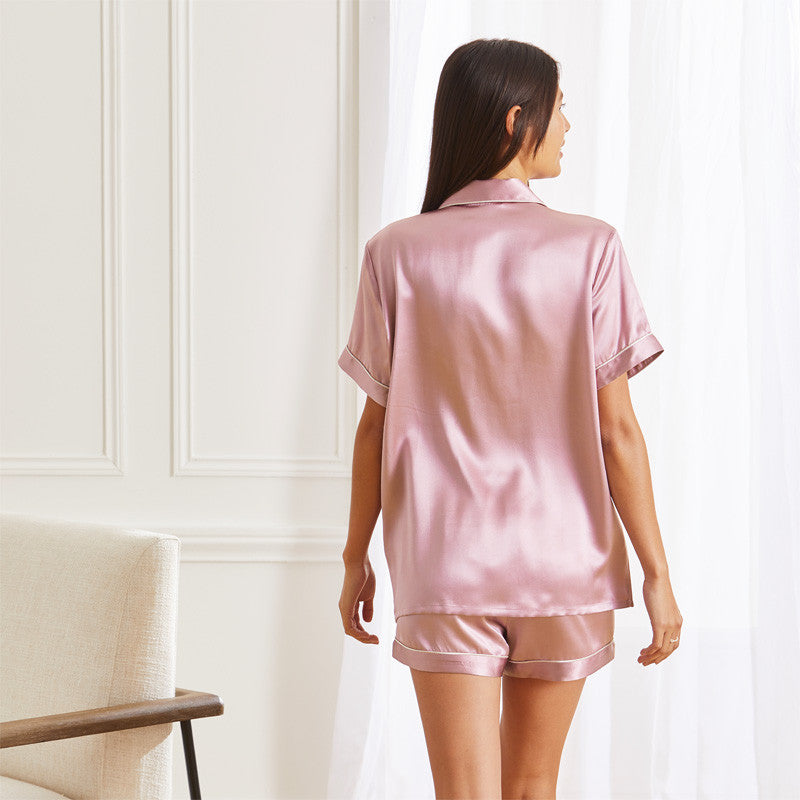

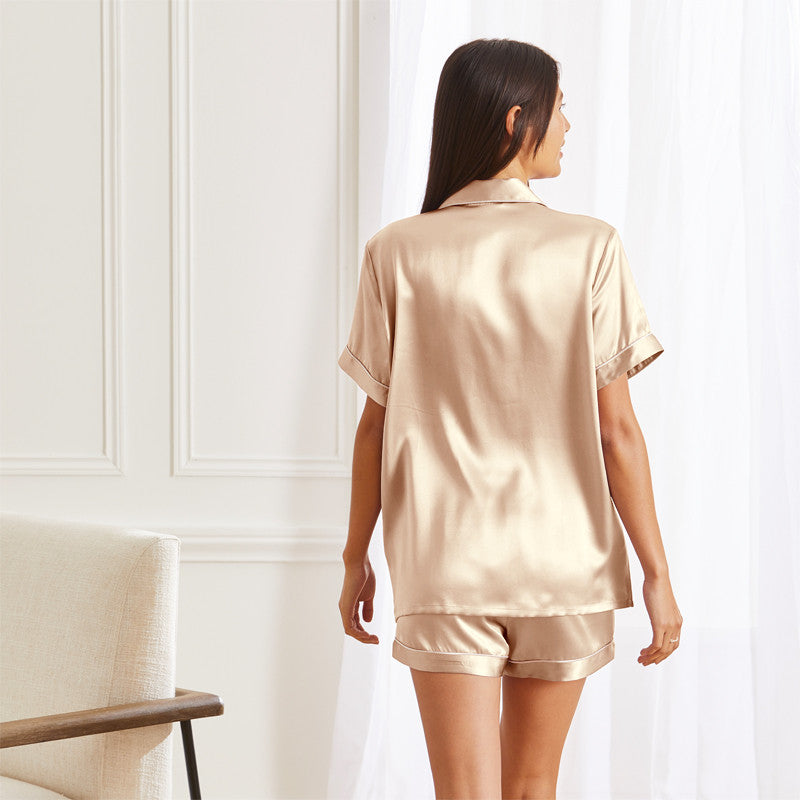
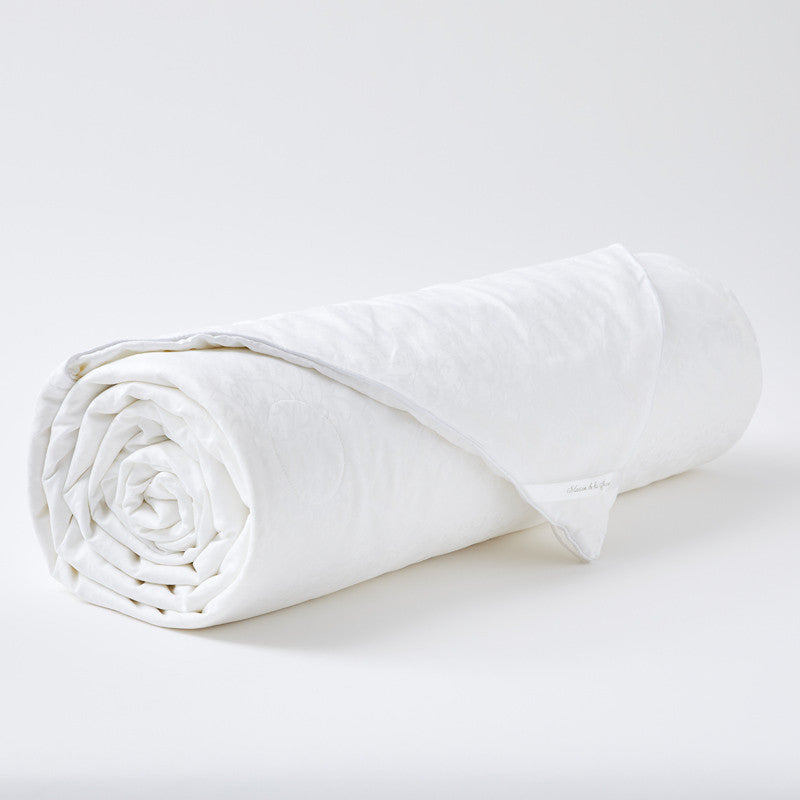
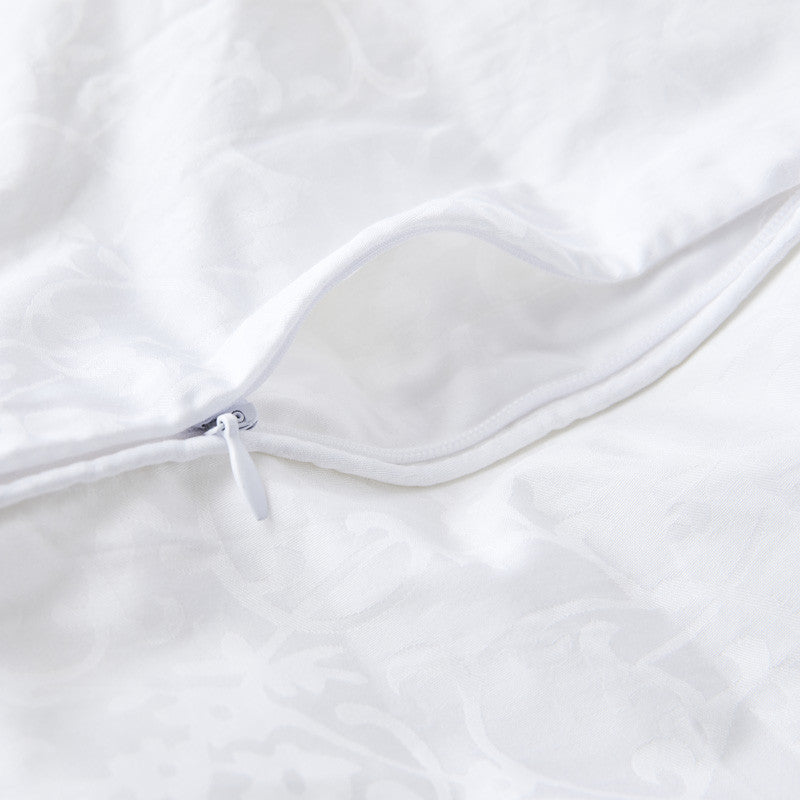
Leave a comment